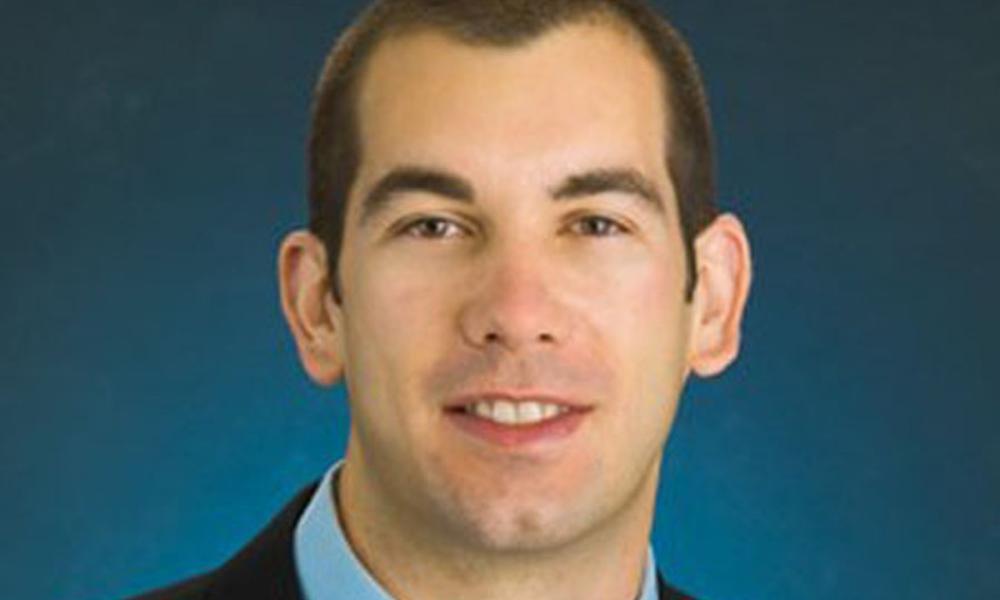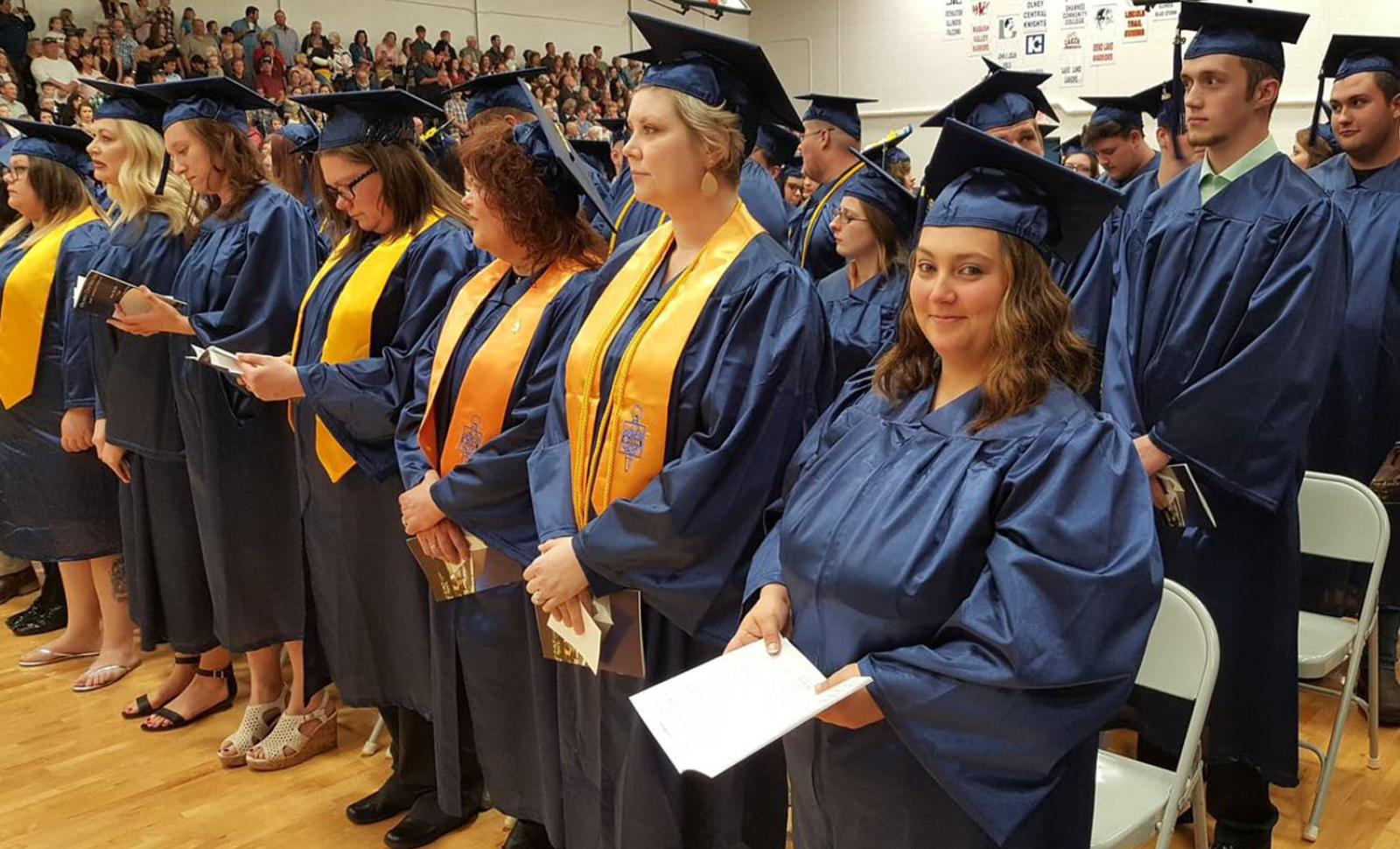
As an associate professor at the University of Illinois, Dr. Paul Davidson is engaging students in projects that take them from Urbana-Champaign to the coast of South Africa, where the lessons gained in the classroom are put into practice.
The Olney Central College alum said the trips give students experience working in the field with the added challenge of conducting an engineering project in a foreign country. “My role as faculty advisor is to stay out of the students’ way,” said Davidson, who has taught in UIUC’s Department of Agricultural and Biological Engineering for nearly seven years.
“They learn by doing the work and I help them stay on track. It’s a really good learning process. One of the challenges is often finding low-tech applications for areas where electricity is limited to generators, or where they may not have tractors and have to rely on human power.”
Past projects included creating a hydroponics system to grow lettuce, developing machines to better clean grain, using soil moisture sensors to more efficiently irrigate crops, and developing a method of cutting mushrooms uniformly.
“One dealt with better ways to plant and harvest sugar cane, which is one of South Africa’s top products. It’s abundance in South Africa is sort of like corn in the Midwest,” Davidson added. “However, it is a very labor-intensive crop for them that is mostly harvested by hand.”
Davidson’s students work in partnership with students from the University of KwaZulu-Natal in Pietermaritzburg, South Africa. They work virtually to design a project, which has agricultural applications for the African nation.
“We then travel there and physically build a prototype,” Davidson said. “Monday through Friday we are working several hours a day and on the weekends we take excursions to explore and appreciate many amazing South African attractions. We go to game parks and see elephants, giraffes, lions and crocodiles. We sleep in safari tents. We go hiking in the Drakensberg Mountains. In the mountains, there is no Internet or cell signal, so the students learn to relax without them. Students visit the beach on the Indian Ocean and go zip lining from the top of a small mountain.”
The students visit cultural and historic locations including the Nelson Mandela Capture Site in Howick. They also make lasting connections with UKZN faculty and students through a variety of social events.
“It’s a lot all crammed into a month,” Davidson said. “We try to do as much as we can while we are there.”
Davidson has also partnered with Michelle Green, a wildlife biologist at the University of South Florida St. Petersburg, to develop a unique fellowship opportunity focusing on under-represented minority students.
The pair received USDA funding to establish WE CAN (Wildlife Engineers Co-managing Agriculture and Nature), which bridges the gap between engineering and biology, bringing the two disciplines together. Students are recruited from Tuskegee University, Northeastern Illinois University, Parkland College and the University of Illinois to participate in the two-year summer program.
“During the first summer, students come to the University of Illinois for six weeks and then spend four weeks in South Africa,” Davidson said. “They come back to U of I and spend a second full summer of research and are paired with a faculty member who shares similar interests.”
Since its implementation four years ago, 16 students have participated in the program.
Davidson’s innovation in the classroom recently earned him U of I’s Faculty Award for Excellence in Teaching in the College of Agricultural, Consumer and Environmental Sciences.
He also received the 2020 A.W. Farrall Young Educator Award from the American Society of Agricultural and Biological Engineers.
“It is nice to be recognized, but I always think others are more deserving,” Davidson said. “It’s nice to reflect on what I’ve done and see what I can do better in the future.”
Davidson’s own journey from student to professor began at Olney Central College.
“I started college at OCC thinking I would go into Pre-med,” he said. “The second semester I realized I was more drawn to the engineering and physics side. I was focused on chemical engineering at first. But, I grew up on a farm and combining engineering with agriculture made sense to me.”
After graduating in 2003, Davidson transferred to the University of Illinois where he earned both bachelor’s and master’s degrees in agricultural engineering. He received his Ph.D. in agricultural and biological engineering from the U of I in 2010.
“I finished my Ph.D. and wanted to go into academics, but the recession was going on and most universities had instated a hiring freeze and there were no faculty positions,” he said. “I had interned at an environmental consulting firm and after earning my Ph.D., they offered me a position.”
The Newton native worked four years as a consultant researching various contaminants in surface water. When a faculty position opened in agricultural and biological engineering at UIUC in January 2014, he applied and was hired. He received tenure this year.
“When I was a consultant, I really enjoyed the research, but I missed the student engagement,” Davidson said. “I really enjoy the student interaction involved in teaching.”
Davidson said his decision to attend OCC was an easy one.
“My mom and three older siblings all attended OCC,” he said. “I had always grown up with a good opinion of OCC. For me, it was a good transition from high school to college. I had friends from high school who were there and I met new friends. We were a close-knit group. OCC has a small feel. I grew up going to a small high school and I was able to jump right in at OCC.”
At OCC, Davidson found top-notch faculty like math professor Laurel Cutright, physics professor Rob Mason and Lisa Benson, who continues to serve as an adjunct math instructor after retiring.
“The education at OCC was fantastic,” Davidson said. “All of the professors I had were wonderful. I never felt behind at the University of Illinois. OCC prepared me well for one of the top engineering schools in the world. I never regretted my decision to start at OCC. Even now when I talk to potential students at the University of Illinois, I advocate for community colleges. For many students, it is just the right choice.”


